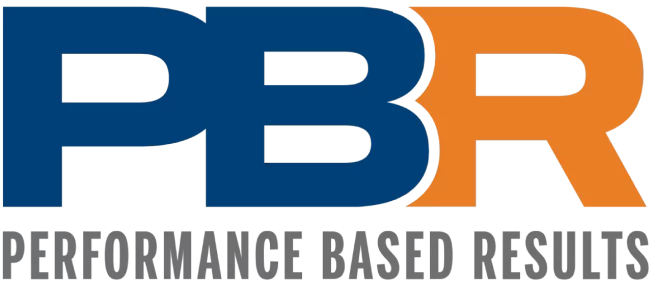In order to be a good manager, you need to hold employees accountable. Accountability is still one of the most important aspects of sales management. Unless you hold your employees accountable to some measurable degree of success, your business will plateau and remain stagnant.
Recently, Jeff, a sales leader from one of our top clients, stated that he was happy with our management training workshops from 6 months earlier. But Jeff felt his management team needed a “jump-start” session to break through a lack of motivation.
Through application of our (Sales Bridge) Motivation module at Performance Based Results, we established that Jeff did not effectively communicate to his management team what was expected of them. His team had no clear performance objectives or standards to follow.
Managers fear confrontation to hold employees accountable
Let’s face it, frustrated managers like Jeff are trapped in a maze of accountability. They would rather put up with mediocrity than make waves with employees. Interpersonal conflict can be nasty and unpleasant. They’re terrified that if they push their people too hard, they’ll quit, and then they’ll have to find replacements, and what if the new employees are no better than the previous ones?
Managers need to face conflict and set clear standards to hold employees accountable
How can you hold your team members accountable unless they know exactly what they’re being held accountable for? How do you get everyone to embrace accountability? As a manager, it’s imperative that your employees thoroughly understand how their duties fit with the corporate goals. Unless each employee has a complete understanding of what those goals are and how they’re measured, you won’t get the maximum possible results. When individuals are not held accountable for their performance, employee motivation goes down the drain, and one way or another, the whole company suffers.
To hold employees accountable, managers need to discourage a corporate culture that rewards mediocrity
It’s very common for a new employee to come aboard with lots of energy and enthusiasm, only to quickly “run-out-of-gas.” Some reasons for this are:
- The new hire experiences peer pressure from co-workers who have a fear of “looking bad” to the boss because of their mediocrity.
- The new hire looks around at his or her peers, and thinks, “Hey, I’m the only one working my tail off around here! Maybe I should slack off and just join the pack.”
- The new hire feels unappreciated and that time is being wasted in this new workplace.
- The new hire sees the pace at which everyone else is working, and then adapts to that speed.
- The new hire is discouraged to excel because they are being held accountable to exactly the same standards as individuals who consistently do the least amount of work possible.
Managers must set clear objectives, goals, and performance standards to hold employees accountable
Few things take the wind out of a good employee’s sails more thoroughly than being trapped in a corporate culture that seems to reward mediocrity. This can make even the most gung-ho team member feel unappreciated and listless in the workplace. What’s the point of trying to be a cut above when you’re held accountable to the exact same standards as the people who consistently do as little as they can get away with? Most people want to be held accountable, especially if they’re doing a good job and want to be recognized for it. Remember, all the team members are individuals with motivations as different as their work styles.
An effective team leader initiates a meaningful dialogue with his team:
- Setting up areas of responsibility
- Creating smart, specific performance standards
- Establishing smart criteria
You’ll risk losing your best workers if you don’t discover ways for them to feel successful and accomplished in their positions. The best way to understand what people value is to engage. So talk with your employees, and really listen to what success means to them.






